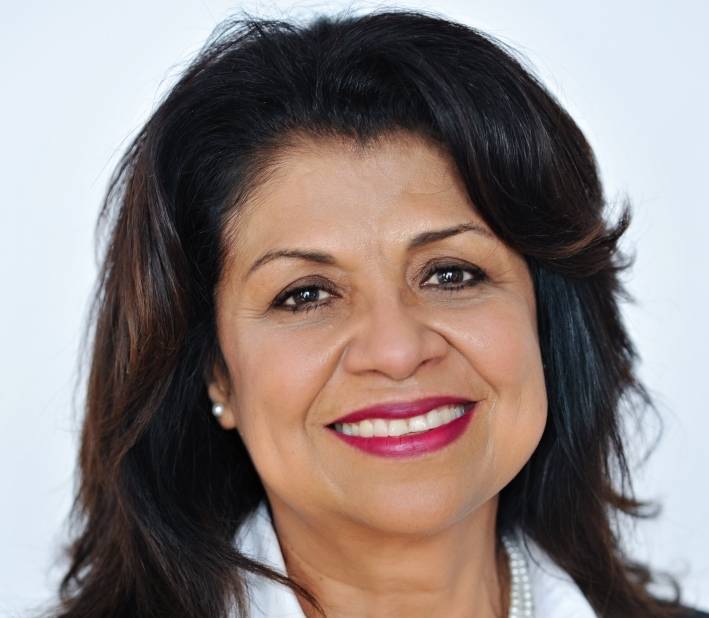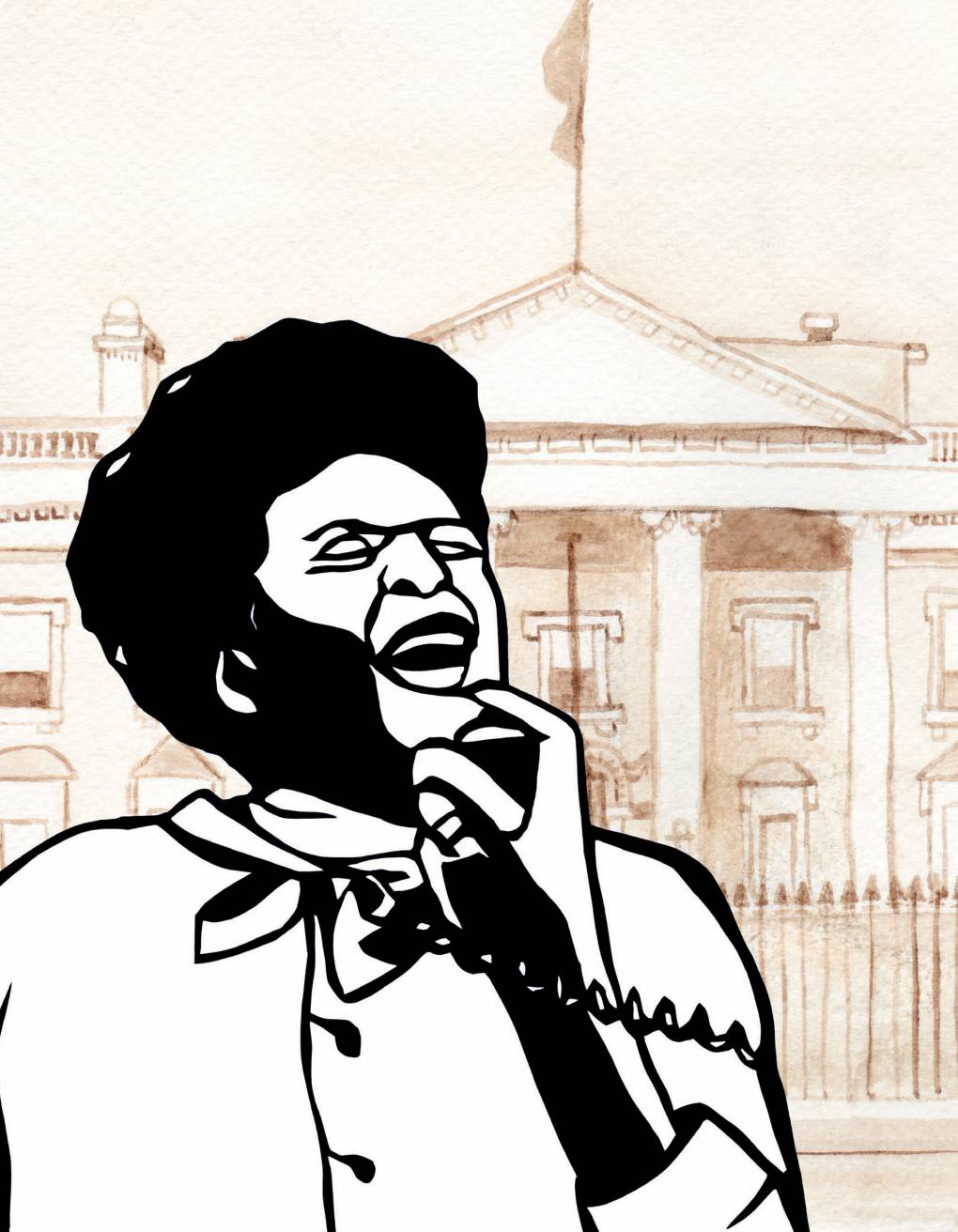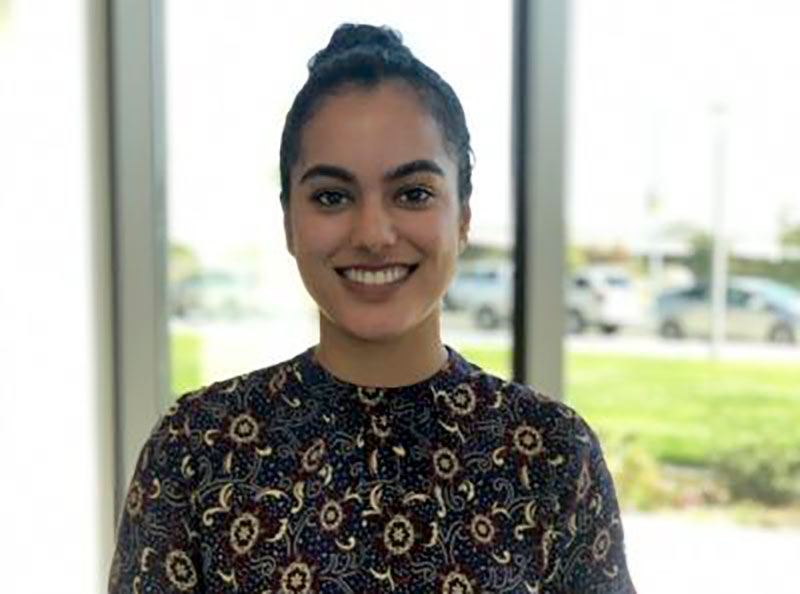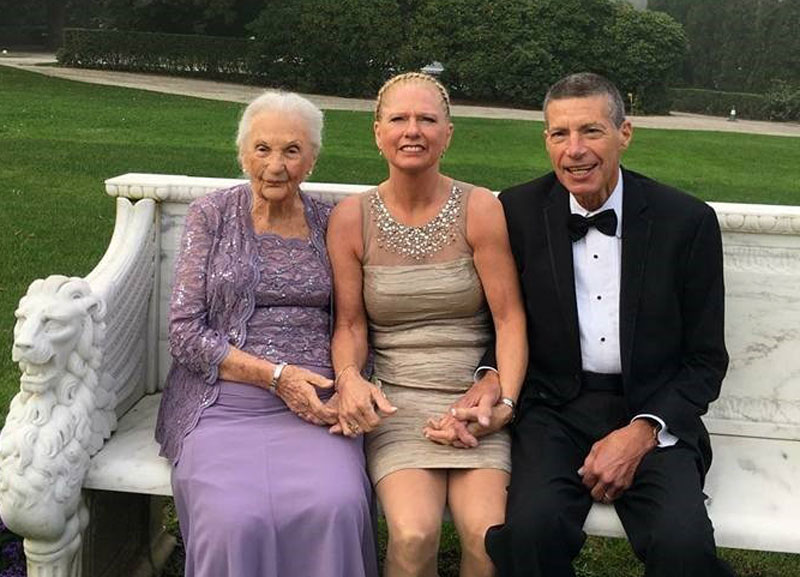The 100th anniversary of the 19th Amendment, which enshrined women’s constitutional right to vote in the United States, was celebrated on Aug. 18, 2020. So we’re asking politically engaged women in our community to share their personal voting stories.
Today: Aída Hurtado, UC Santa Barbara professor of Chicana/o Studies
Mail-in ballots have been making a lot of headlines lately as the 2020 presidential election quickly approaches. Advocates argue that giving everyone the chance to vote remotely removes barriers to the ballot box for underserved communities and reduces the risk of contracting COVID-19.
Yet many Californians still enjoy the experience of in-person voting. For Aída Hurtado, it’s a particularly emotional ritual.



